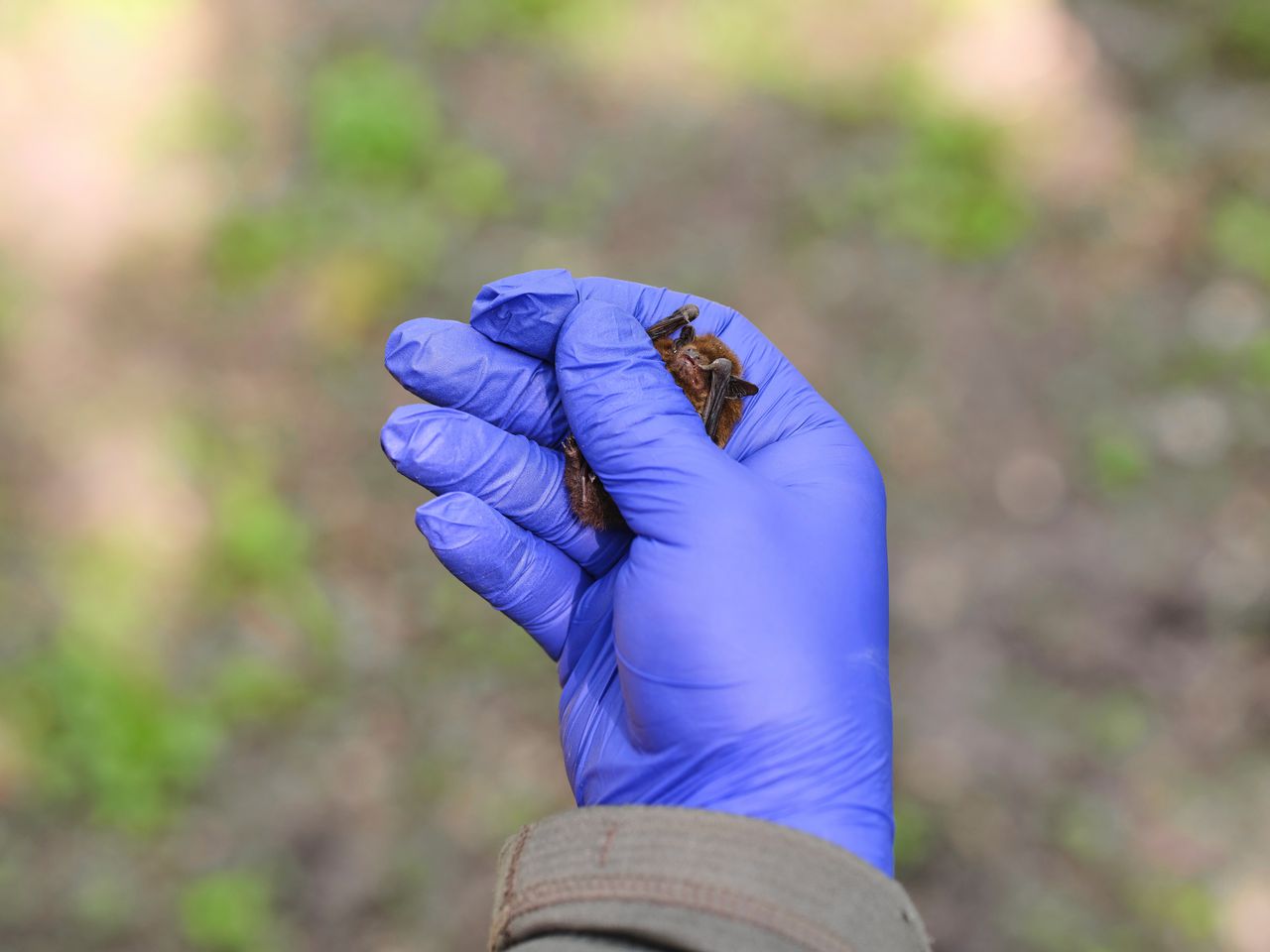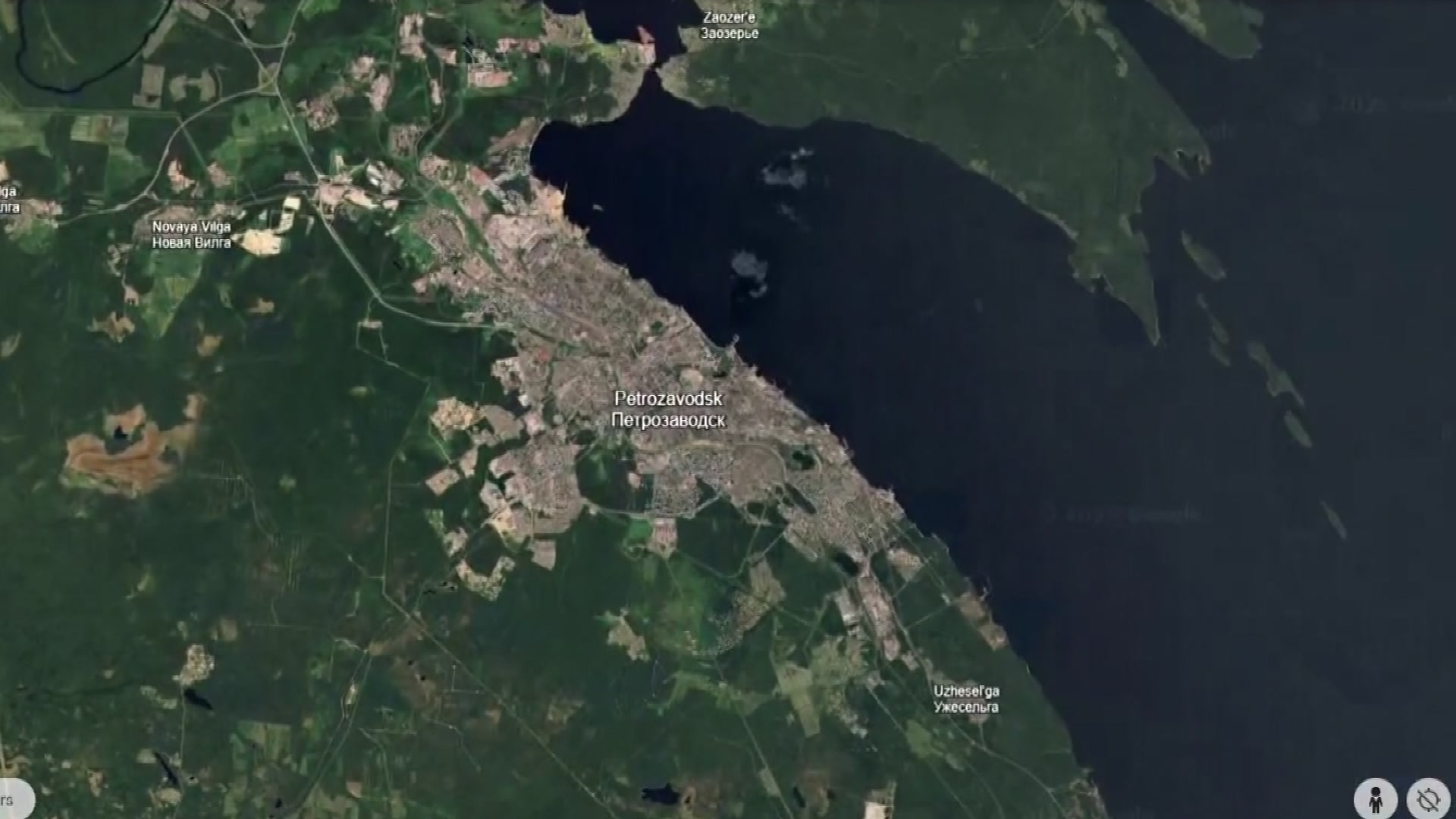TV review Prime Minister Schoof does not attract moral lessons from the war
/s3/static.nrc.nl/bvhw/files/2025/05/0505cul-zap-oorlog-schoof.jpg)
« We should not only commemorate, but also think about what that means here and now, » said Prime Minister Schoof on Sunday in his speech for Remembrance Day on Dam Square (NPO1). There is much to say for only the dead during the ceremony that fell during the Second World War. In any case, that would save a lot of noise. But the memorial culture in the Netherlands is simply idealistic: we have to draw moral lessons for the present from the fight against the Nazis.
So yes, then it can get it. He talked about his grandfather who was shot by the Germans. Resistance heroes if he continued to see the other person in all hatred and dehumanization. » His mother taught him to « look at the other person with love and compassion, even if he differed from how we were. » According to our prime minister, these lessons from the Second World War must return « in all our great and small acts of humanity. »
Was it imagination now, or did I hear him muttering guilty after it: « Do my words, but don’t see my actions »? Schoof supports the genocide in Gaza with his cabinet. Schoof strives with his cabinet for a merciless asylum policy. Schoof has PVV ministers in his cabinet who spread hatred of migrants and Muslims. Do they look at the other person with love and compassion? The day before his chat, one of his ministers forbade an outing to the Efteling of a group of refugee children. Was that a small act of humanity, Mr. Schoof? PVV leader Wilders called on to deport the children by bus.
« What does that actually mean: never again? » early presenter Rob Trip gets rid of it Eight -hour journal (NPO1). According to the news, two activists disrupted the commemoration of the dead on Dam Square. Of course they shouldn’t have done that. But the actual disturbs of the ceremony gave a speech and laid wreaths.
Cold reception survivors
After the dam a report of the commemoration in Appingedam followed on NPO2. That was a good choice because if you show the drama on a small scale, it comes in extra hard. The picturesque town in Northeast Groningen had 128 Jewish inhabitants before the war. Of these, 122 were killed. One of the six survivors was Sara Kirby-Nieweg. When she returned from the hiding in Appingedam, she saw their tablecloth hang on the washing line at the neighbors.
That poked tablecloth looks like the experience of surviving Rosie Colthof, to be seen in the subsequent documentary Dutch Jews after the liberation (NPO2) from Martijn Bink. When she returned to her house as the only remaining child, she saw that the net curtain was still there, but now that there were NSB members who sent away the ‘Jewish child’. The neighbor walked in the suit of her murdered father.
She is called ‘De Kleine Sjoa’: the cold reception that the 21,000 surviving Jewish Dutch people received when they returned from the hiding and the camps. Their houses and possessions were picked up, they did not get help from the government. This story has come by more often but has never received a separate documentary before. Certainly not in such a prominent place: after the commemoration of the dead.
« The registration was infinitely more important than: hurray, you’re back, » says historian Michal Citroen. Very different from the warm welcome in France and Belgium, she says. According to her, it is a « essential feature » of the Netherlands: bureaucracy over humanity, boundaries closed, suspicious of everything that deviates. « The Dutch have behaved shaking, » her father always said. Seen in this way, Prime Minister did nothing crazy. He is also just a Dutchman.


:format(webp)/s3/static.nrc.nl/images/gn4/stripped/data131701496-8839da.jpg)
/s3/static.nrc.nl/images/gn4/data131619232-c3c603.jpg)


